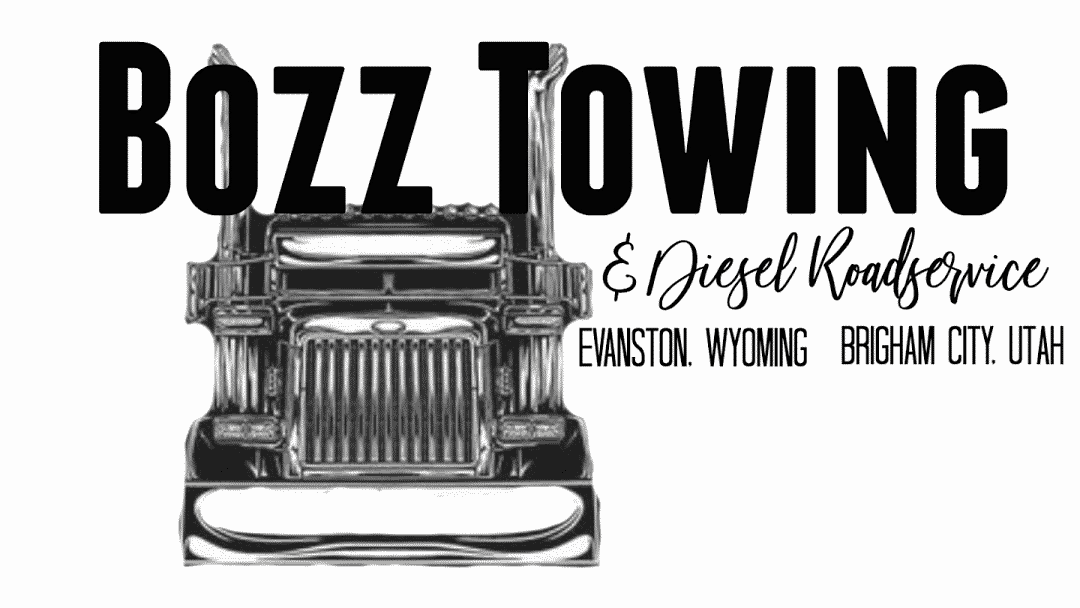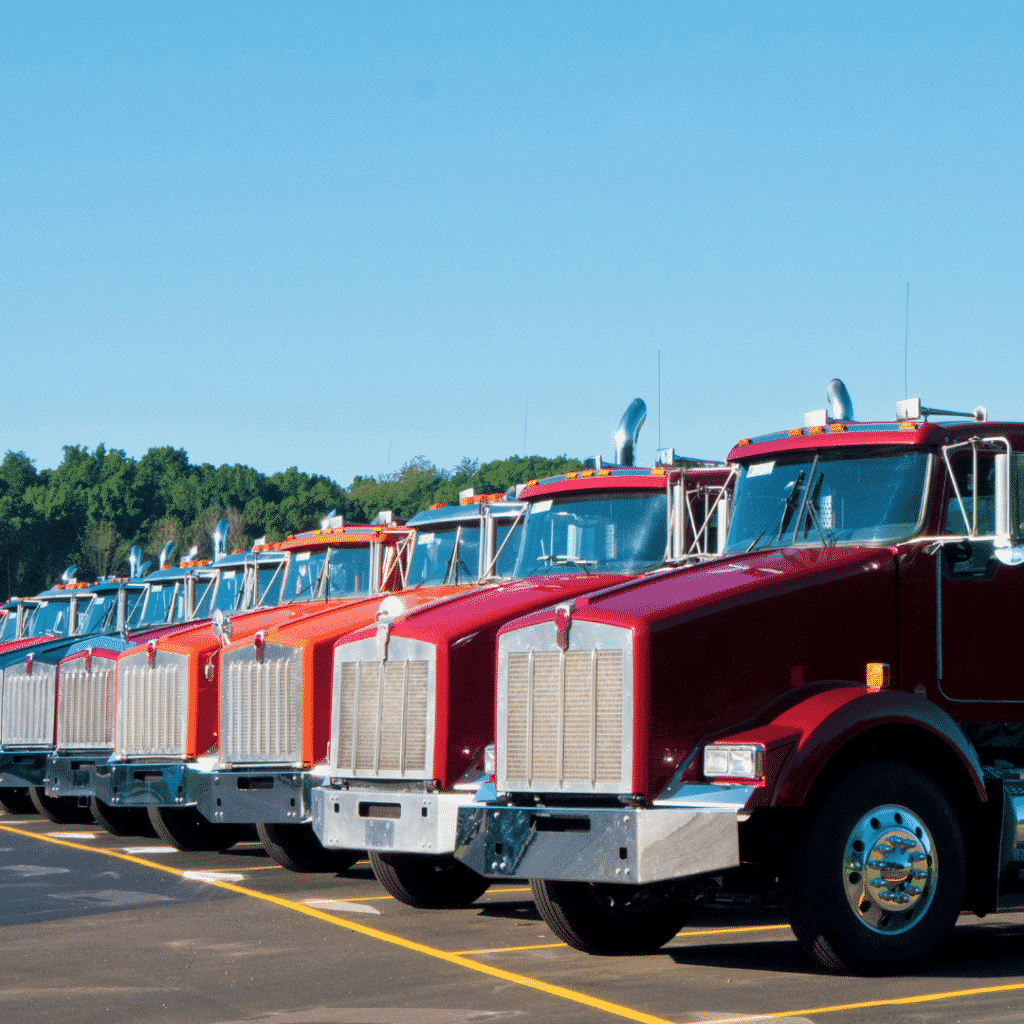As a diesel truck driver, it’s important to be aware of the common diesel engine problems that can occur while on the road. By knowing what to look for, you can prevent minor issues from turning into major problems. In this blog post, we’ll discuss some of the most common problems and how to troubleshoot them.
Common Diesel Engine Problems
Diesel engines are known for their durability and reliability. However, like any engine, they can experience problems from time to time. There may be a variety of reasons why your diesel engine is acting strangely, and while it’s inconvenient to have it down, it’s better to inspect your engine before you have a total engine failure as a result of an issue that worsened.
Some of the most common problems include:
Starting Problems
One of the most common problems with diesel engines is a starting problem. This can often be caused by low fuel pressure, which can be due to a dirty filter, leaks in the fuel system, or an incorrect fuel-to-air ratio. If your engine is having difficulty starting, be sure to check the fuel pressure and make any necessary repairs.
Decrease in Power/ Lack of Power
Another common problem is a decrease in power or lack of power. This can be caused by a variety of factors, such as clogged air filters, low fuel pressure, dirty injectors, or problems with the turbocharger.
Some of these difficulties are linked to polluted diesel fuel, implying that diesel engine problems have a connection.
Fuel Injector Problems
Diesel engines rely on fuel injectors to spray a fine mist of fuel into the engine cylinders. If these nozzles are dirty or clogged, it can cause problems with the air-fuel mixture and lead to decreased power and performance.
Glow Plugs
Glow plugs are used to help start diesel engines by heating the combustion chamber and providing a hotter, more consistent spark. If your glow plugs aren’t working properly, it can cause starting problems and decreased performance.
Turbocharger Problems
The turbocharger is responsible for increasing the power output of a diesel engine by forcing extra air into the combustion chamber. If the turbocharger is not working properly, it can cause a decrease in power and performance.
Fuel Contamination
Diesel has a greater viscosity compared to other fuels. As a result, diesel is frequently contaminated. Water, soot, and glycol are some of the most frequent diesel contaminants. These substances have the potential to be hazardous. Any of them introduced into the fuel pump or injector may cause significant damage and engine failure.
Overheating
Overheating is the most common issue faced by diesel engines. It is often caused by operating the engine too hard. Overheating can lead to other issues, such as swelling, bending, or breaking of cylinder heads, piston expanding, and damage to the crankshaft and bearings.
Other than excessive pressing of the engine, overheating may be caused by a variety of factors — anything that stifles the operation of the cooling system. The following are some reasons for diesel engine overheating:
- Coolant leaks – Excess bubbles and low coolant levels are indicators of a leaky coolant. The cylinder head swells as a result of excessive heat, preventing the gasket from sealing the coolant as it should.
- Clogged diesel injectors -The cause of engine overheating may be leaks and clogs in your diesel injector. When the injection system is unable to release fuel as needed, the engine has to work much harder, resulting in overheating.
- Faulty cooling fan – The cooling fan is a critical component of the cooling system, functioning to remove heat and keep your car’s engine cool. When it fails, overheating can occur as a result of mechanical damage or electrical malfunctions.
- Damaged thermostat – The thermostat is a device that maintains the correct temperature in the cooling system. It has a valve that opens and closes to control engine temperature. If it’s damaged, it can’t tell when the engine is overheating, so it won’t start performing coolant functions.
Black Smoke
A black exhaust is not always an issue; rather, it’s a signal of other issues. It’s typical for diesel trucks to produce more black smoke than other cars. However, if it generates excessive amounts of black exhaust, there is a problem with the engine.
Too much black smoke can be a result of a faulty:
- Injector
- Injector pump
- Turbocharger
- EGR valve
- Air filter
Blue Smoke
Blue smoke is an indication that oil is burning in the engine. The problem may be with the:
- Valves
- Seals
- Piston rings
- Oil filter
- Power assemblies
It could also indicate that oil is leaking into the combustion chamber.
White Smoke
If your car emits white smoke, it’s an indication of a coolant leak. A blown head gasket is often the culprit. If the head gasket is damaged, it can cause coolant to enter the combustion chamber and be burned along with the fuel.
Other potential causes of white smoke include:
- Cracks in the cylinder head or block
- Worn or damaged piston rings
- Faulty injectors
Read more: Diesel Engine Smoke Colors Tutorial
Noise (Knocking)
Diesel engines are typically quite noisy. However, if you notice a change in the sound of your engine, it could be a sign of trouble. Knocking is a common noise that indicates an issue with the engine. It could be caused by:
- Wrong grade or type of oil
- Low oil level
- Worn piston rings or bearings
- Connecting rods
- Valves
The most important thing to remember is to never ignore strange noises coming from your car. If you’re not sure what the noise means, take it to a mechanic and have them diagnose the issue.
Excessive Oil Consumption
If you’re noticing that you have to add oil more frequently than normal, it could be a sign of an issue with your engine. Excessive oil consumption can be caused by:
- Worn piston rings
- Valve seals
- Exhaust gas recirculation (EGR) valve
- PCV valve
- Oil cooler
Read more: Reasons for a Diesel Engine Burning Oil
Oil Oxidation Problems
If you don’t drive your truck at all during a certain season, it’s possible that the diesel engine will develop issues. Thus, as your rig sits, the oil will oxidize. When air enters the oil, small bubbles form and interfere with lubrication, causing everything that requires lubrication to fail.
In addition, these air pockets can burst the thin oil layers between moving parts, causing them to rust and create friction. As a result of this, your engine or engine components may begin to fail.
When oil oxidation occurs, the oil is not dirty and has not fulfilled its lifespan. Its chemistry, on the other hand, has been altered as a consequence of this and should be replaced after the idle period.
Troubleshooting Common Diesel Engine Problems
If you’re having engine problems, the best thing to do is take it to a mechanic and have them diagnose the issue. However, there are a few things you can do to troubleshoot the problem yourself.
Diesel Engine Starting Problems
- Make sure the fuel is flowing properly. Replace worn or clogged fuel filters, as they might be preventing the tank from filling completely.
- Check the fuel pump and fuel lines for any obstructions.
- Check for contamination in the fuel. Replace fuel filters as needed.
Excess Smoke
- Check for leaks in the exhaust system.
- Inspect the turbocharger and clean or replace as needed.
- Check the EGR valve for carbon build-up.
Knocking Sound
- Check the oil level and add oil if necessary.
- Inspect the connecting rods, valves, and piston rings for wear.
Excessive Oil Consumption
- Inspect the for oil leaks and levels, add more if necessary.
- Check for leaks in the engine.
- Check the engine for excessive wear.
As a trucker, it’s important to be aware of the common diesel engine problems. By knowing what to look for, you can troubleshoot the problem and hopefully get your rig back on the road.
Diesel Truck Care Tips
Here are some easy truck maintenance tasks that you may do yourself and include in your PM schedule:
- Check air pressure daily.
- Change the oil and fuel filters.
- Keep electrical connections clean.
- Buy quality fuel.
- Check air connections.
- Keep gauges working.
Remember, if you’re not sure what the problem is, take your truck to a mechanic and have them diagnose the issue. They will be able to tell you what needs to be fixed and how much it’s going to cost. However, by being proactive and keeping an eye on your engine, you can often catch small problems before they turn into big (and expensive) ones.
Need diesel engine repairs or service in Wyoming or Utah? Call Bozz Towing!
If you find yourself in need of diesel engine repair service, give Bozz Towing a call! We have years of experience repairing and servicing diesel engines and can get your rig back up and running in no time. Contact us today for a free quote!

